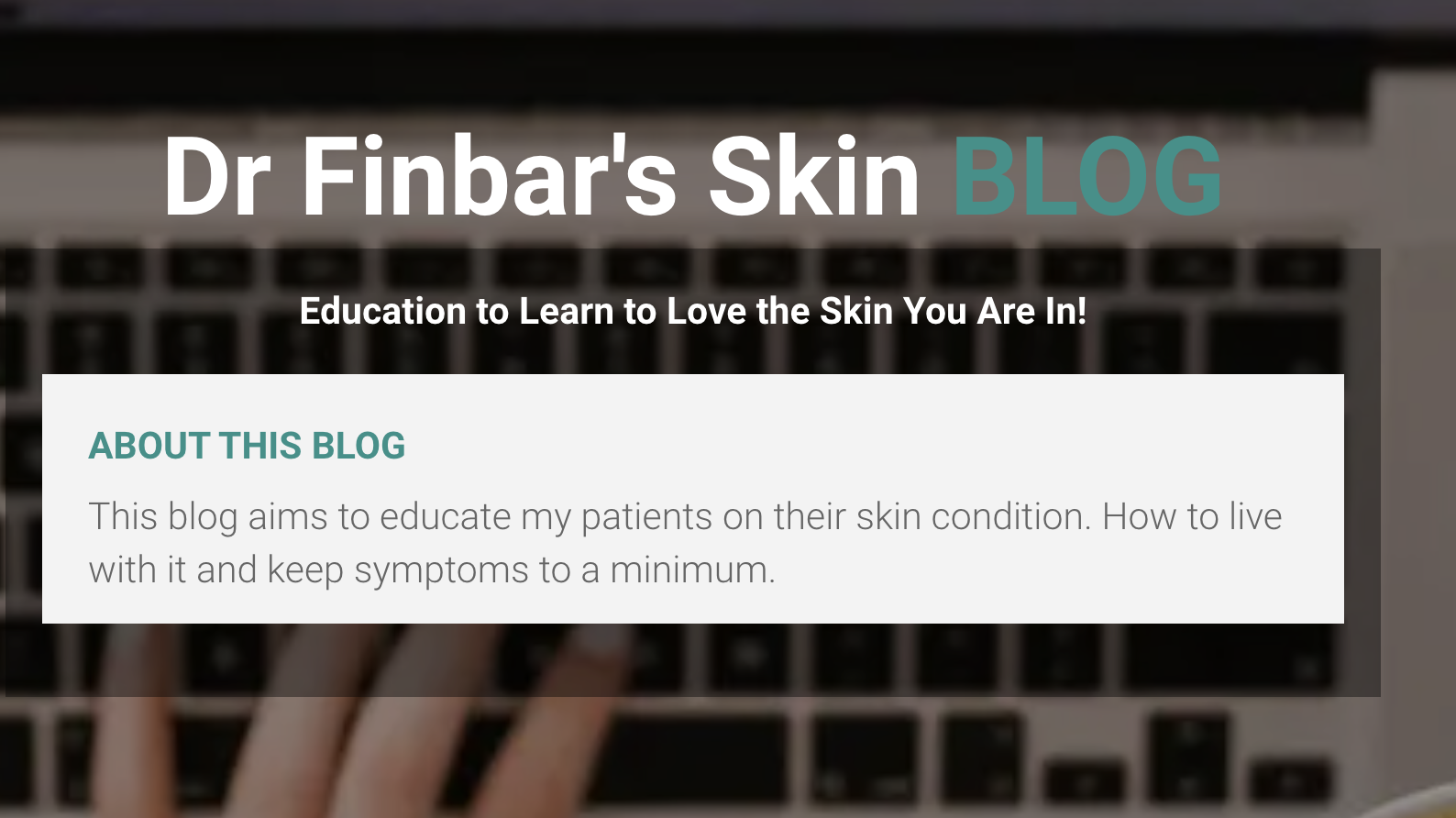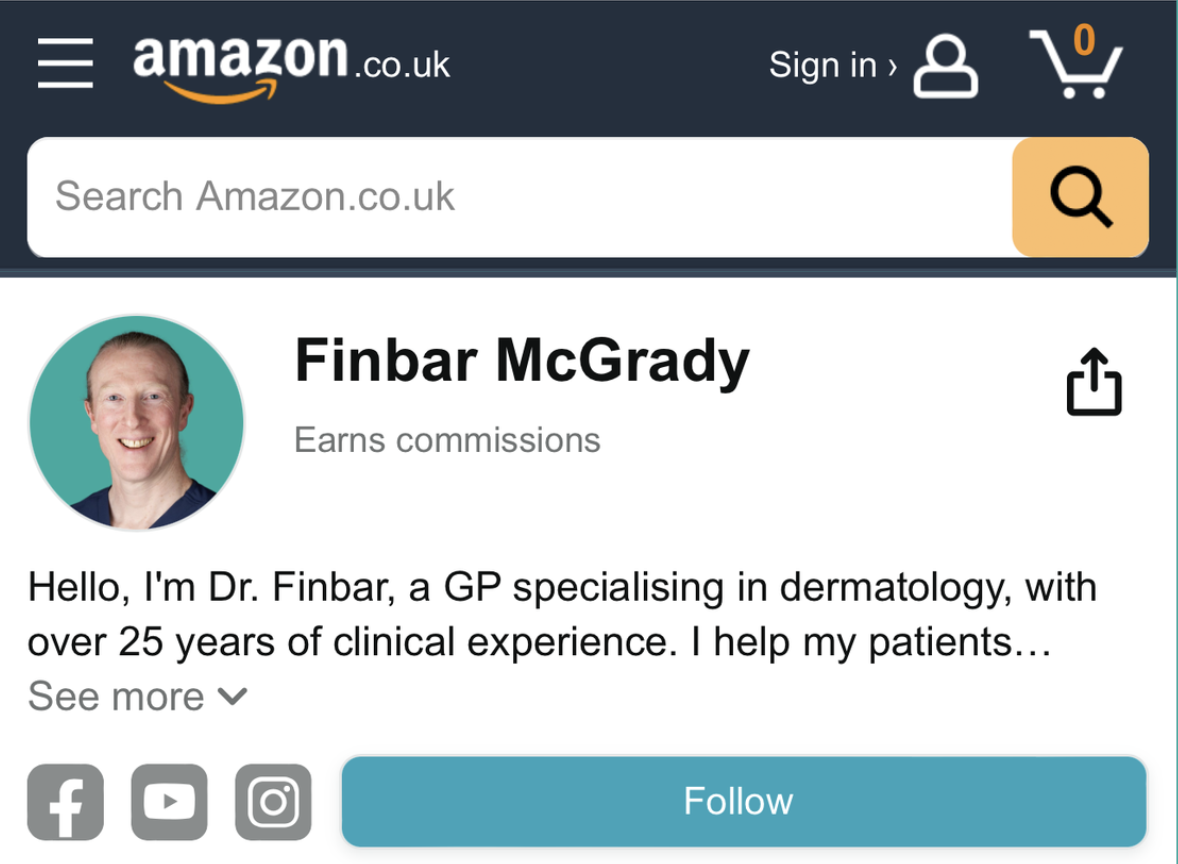Can AI Help Detect Skin Cancer Earlier? What the Latest Tech Means for You
Skin cancer is the most common cancer in the UK. Early detection saves lives—but with rising demand, it’s getting harder for health systems to see everyone quickly.
That’s why there's growing excitement about AI (artificial intelligence). In recent months, several new tools have been developed that claim to spot skin cancer as well as, or even better than, a trained dermatologist. So, what does that mean for your skin health?
In a series of recent videos, I’ve explored how these technologies work, what they promise—and what they still can’t do.
1. DERM – The NHS-Approved Skin Cancer AI
In May 2025, the UK’s health body NICE gave conditional approval for DERM—an AI system that analyses images of suspicious moles and decides whether they’re likely harmless or need to be seen urgently by a skin cancer specialist.
🔍 DERM has already been used in over 165,000 NHS patients and helped identify more than 15,000 skin cancers. It acts like a fast-track airport security system—flagging the suspicious and speeding through the safe.
📺 Watch the video above 👆
2. Should You Trust a £250,000 Skin Scanner? 5 Ways to Get Your Moles Checked
From the traditional full-body skin check with dermatoscopy to futuristic 3D scanners like VECTRA and iToBoS, I broke down five options for mole screening—from basic to high-tech.
🧍 DermEngine, FotoFinder, VECTRA, and emerging AI platforms all have pros and cons—cost, accuracy, speed, and accessibility.
💡 The takeaway? The best care still comes from combining expert human judgement with intelligent tools.
📺 Watch the video below 👇
3. Bias-Busting AI: Skin Cancer Detection on Dark Skin
A major flaw in most AI tools is melanin bias—many are trained mostly on light skin and struggle with very dark skin tones or hairy lesions. That’s where a new tool, SkinWiseNet, stands out.
🧠 SkinWiseNet is trained on global datasets and shows over 99% accuracy even in Fitzpatrick skin types V–VI and difficult-to-assess lesions. This could improve equity in cancer detection—but it's still in the lab stage.
📺 Watch the video here:
4. Melaseq – Could a Blood Test Spot Melanoma Early?
What if a simple blood test could warn you of melanoma before a mole even changes?
That’s the idea behind Melaseq, an experimental Australian test that looks for melanoma-related genetic markers in the blood. Early studies show over 93% accuracy, but it’s not ready for everyday use just yet.
📺 Video coming soon...
Final Thoughts
AI isn’t here to replace doctors—it’s here to support them. These tools can speed up detection, reduce waiting lists, and help ensure more people get the care they need, when they need it.
But even the smartest AI can’t help you if your mole never gets checked.
That’s why I developed the SAFE Skin System—a simple structure to help you stay on top of your skin health:
✅ Screen – know your risk and do regular self-checks
✅ Assess – get concerning lesions examined
✅ Follow-up – keep track of changes over time
✅ Educate – understand what to look out for
📺 Learn more about the SAFE Skin system here:
Share this post on:
Copyright © 2025 Dr Finbars' Skin Clinic All rights reserved.



